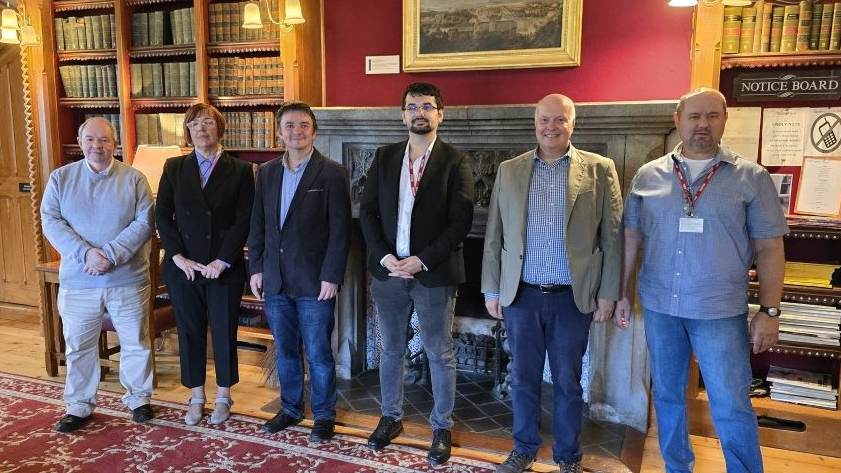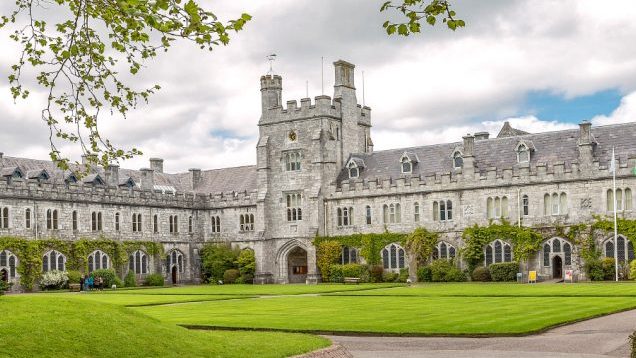As part of the NET4Air project, our partners from Tyndall-UCC have graciously hosted us at their institute from the 23rd to the 27th of August to ensure the transfer of knowledge and knowhow to IMT on new clean room layouts and designs; attracting, working with and technology transfer to industry partners; preparation and management of projects and their administration; and to plan the continuation of our partnership in future projects. Moreover, the visit has also served as a training session of young IMT staff on the preparation of proposals and a continuation of our work in developing an improved transducer for our gas sensor transducers.
23rd of August


The first day of the visit consisted of a tour of Tyndall’s facilities by Graeme Maxwell, with a focus on their layout (labs and rooms being designed around a core concept for ease of access of multiple instruments) and the planning behind their current iteration. Moreover, IMT staff was made aware of the importance of what a strong collaboration with industry can achieve, how to maintain such links and how to maximize use of the facilities through this collaboration.


In the afternoon, the link between academia and research institutes was explored with the help of Prof. Emanuel Popovici from UCC. Through his work he exemplified how the triangle of industry, academia and research institutes can be made use of for maximizing the results of research and how small ideas can have a huge impact. Furthermore, this meeting served as a means for envisioning further project topics and to build connections with the faculty at UCC.
26th of August
One core aspect of the collaboration with Tyndall is the development of a low power heated transducer for our gas sensors, and thus the beginning of the day was dedicated to assessing the wafers patterned by Tyndall and to discuss means of transportation and cutting due to the sensitive features of the transducers together with Dan O’Connel and Joe O’Brien. This also involved a bidirectional exchange between Tyndall and IMT on their means of fabrication and tricks on preserving such sensitive devices. Moreover, a lecture on Atomic Layer Deposition (ALD) and Etching (ALE) was delivered by Ian Povey.

The second part of the day was dedicated to exploring methods of Technology Transfer with Carlo Webster and at the end of the day a NET4Air partner hybrid meeting was held to share the results of the technology assessment and to plan for further dissemination and training activities, such as the Workshop to be held at CAS 2024 in October for which the final details were decided upon.
27th of August


Project proposal training and brainstorming for further proposal ideas between IMT and Tyndall where the final activities of the visit, with training being provided by Cian O’Murchu and Louise Burgoyne. Moreover, how ease of dissemination and communication can be incorporated in the design of the facilities and use of media was also highlighted during those sessions.

